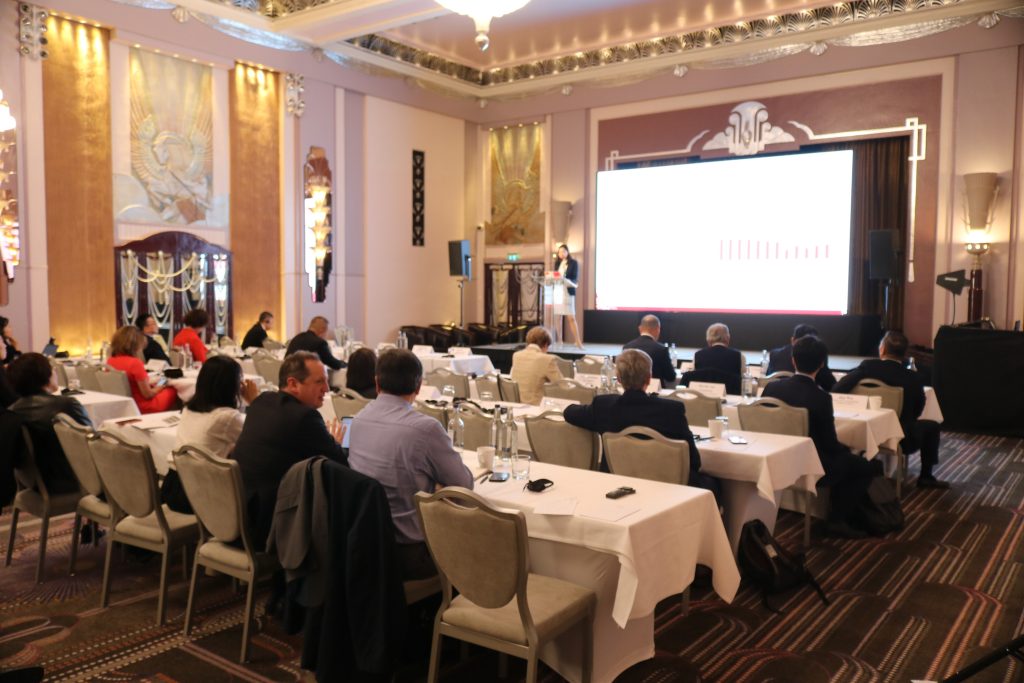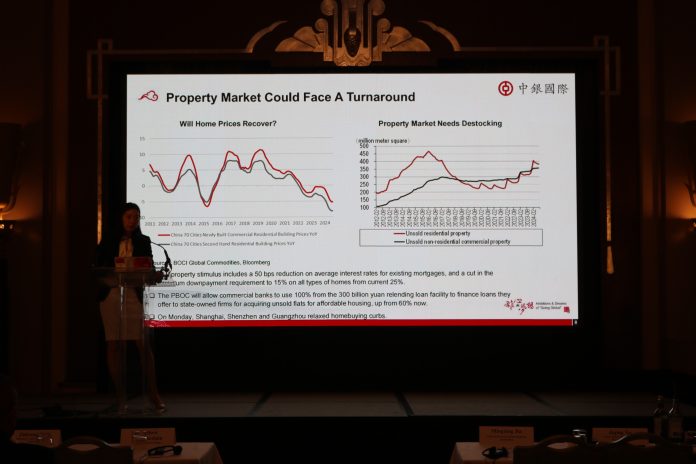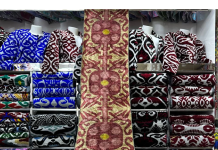By Bela Kogan
The Quiet Power Shift
In the heart of the City of London, another act of the global economic drama unfolded yesterday. The China Nonferrous Metals Forum 2024 opened its doors, but behind the façade of presentations and handshakes, a much more serious game is being played – the battle for control over the global metals market.
Since the acquisition of the London Metal Exchange (LME) by the Hong Kong Stock Exchange (HKEX) in 2012 for £1.388 billion, the landscape of global metals trading has changed forever. “Control over the LME has given China unprecedented influence over global metal prices,” notes Michael Hanson, a leading analyst at Beren Trade Co.
Global Context: LME as the Epicentre of World Trade
Founded in 1877, the LME has long been the epicentre of global metals trading. Today, it sets the benchmark prices for metals such as aluminium, copper, and zinc, influencing global supply chains and the economies of many countries.
The China Nonferrous Metals Forum, taking place this week, is becoming a showcase of Beijing’s ambitions. “The China Nonferrous Metals Forum is an important platform for strengthening cooperation between China and the rest of the world in the field of metal trading. We are committed to creating a stable and mutually beneficial market for all participants,” emphasizes Li Jin, a senior analyst at the Shanghai Metals Exchange.
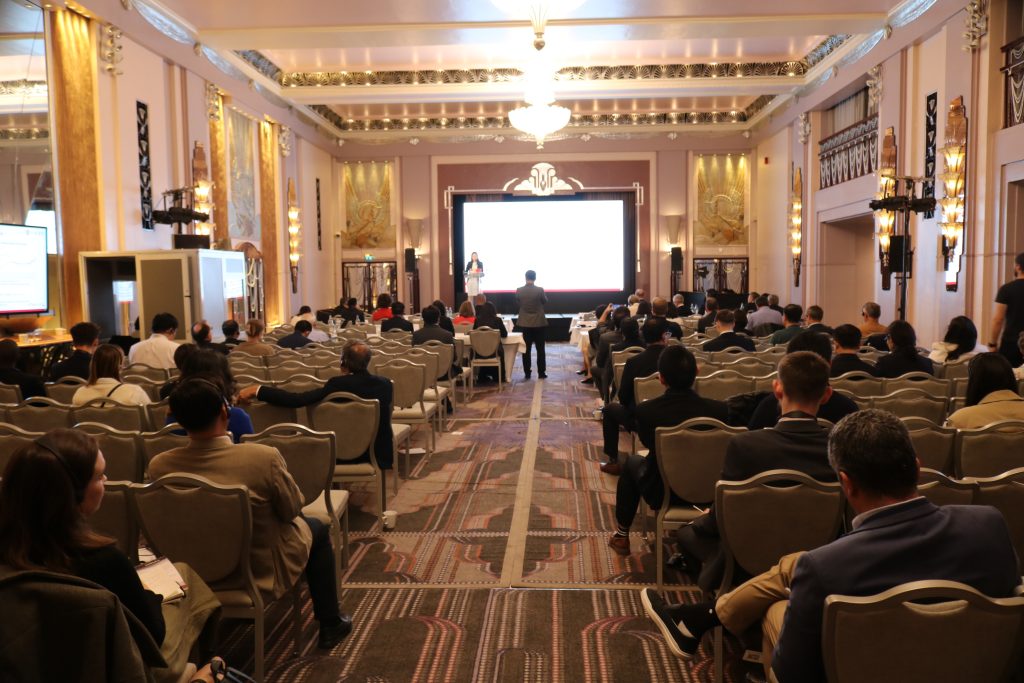
Impact on Ordinary People: From Smartphones to Geopolitics
Changes in the metals market have far-reaching consequences for everyday life. “Rising metal prices can lead to more expensive everything from smartphones to cars,” explains Emily Davis, a commodities expert.
But behind the economic effects lie deeper geopolitical shifts. China’s dominance in the commodities sector is a key element of its global ambitions, from the Belt and Road Initiative to the Made in China 2025 plan. By controlling the flow of critical metals, China gains leverage over other countries that depend on these resources.
Global Players: Strategies of the US, Japan, India, and the EU
China’s growing influence has not gone unnoticed by other global players. The US and Japan are actively seeking ways to reduce their dependence on Chinese supplies. “Japan is actively working to diversify its sources of critical metals, including developing partnerships with other countries and investing in new technologies,” notes Kimiko Nakamura, a commodities market expert at the Nomura Research Institute.
India is also seeking to strengthen its position in the global metals market. “India has significant potential in the production and processing of nonferrous metals. We aim to become a key player in the global market by offering competitive and quality products,” says Rohit Singh, chief economist at the Confederation of Indian Industry.
The European Union is developing a strategy to ensure strategic autonomy in critical materials. “Germany, like the entire EU, recognizes the need to ensure stable and sustainable supplies of critical metals. We support efforts to create a more diversified and sustainable global market,” notes Mark Schmidt, a consultant at the Federal Ministry for Economic Affairs and Energy of Germany.
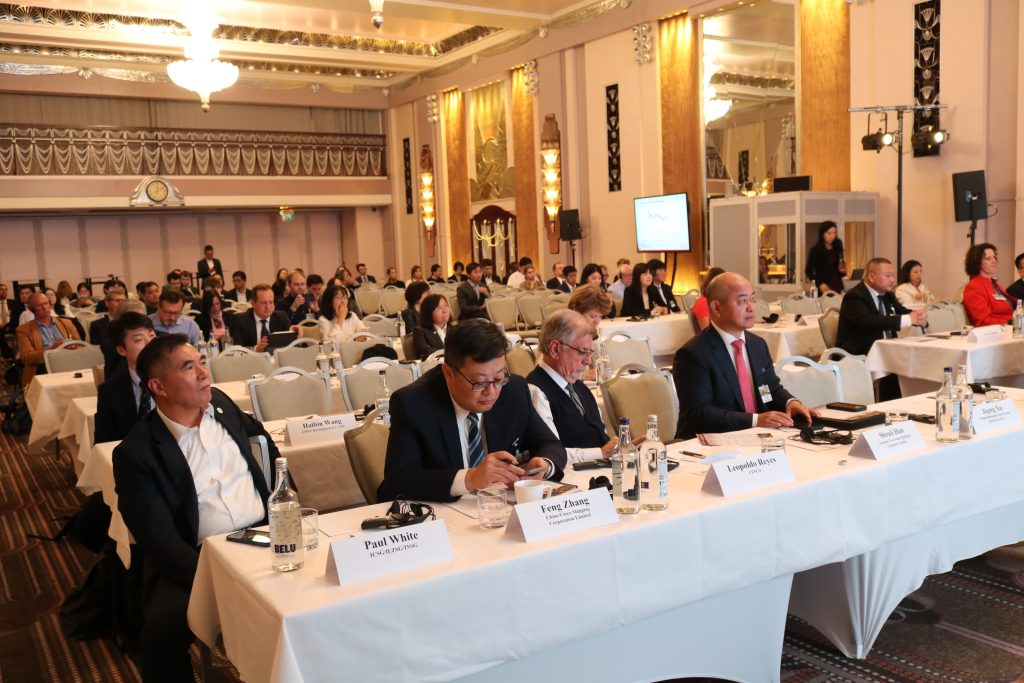
Post-Brexit Britain: Balancing Risks and Opportunities
For the UK, in a unique position post-Brexit, Chinese dominance in the metals market presents both risks and opportunities. On the one hand, Chinese investment and access to the vast Chinese market offer significant growth prospects. On the other hand, Britain needs to balance economic interests with strategic imperatives, especially considering growing geopolitical tensions.
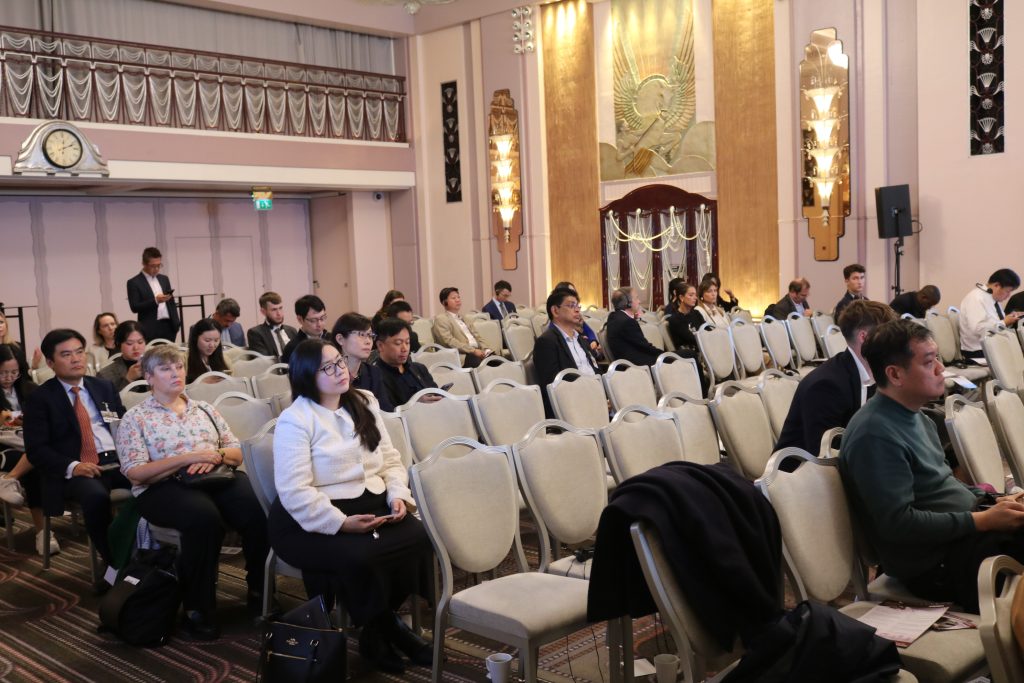
The UK is actively seeking ways to diversify its supply chains, including through partnerships with resource-rich countries. “Diversification is crucial to reducing dependence on any single supplier and mitigating risks associated with supply chain disruptions,” says David Thompson, a senior commodities market analyst at Market Insight research firm.
Technological Trends and Environmental Challenges
The growing demand for electric vehicles and renewable energy is significantly impacting the metals market, creating new opportunities but also new environmental challenges. “We need to find a balance between meeting the growing demand for critical metals and minimizing the negative impact on the environment and local communities,” emphasizes Robert Wilson, a sustainable development specialist at Green Future Solutions consulting firm.
Geopolitics and Sanctions: A Complex Puzzle
The geopolitical landscape around the metals market is complicated by the ongoing conflict in Ukraine and related sanctions. Despite the restrictions, China continues to purchase Russian raw materials at reduced prices, providing Moscow with a much-needed source of revenue and creating additional friction with Western countries.
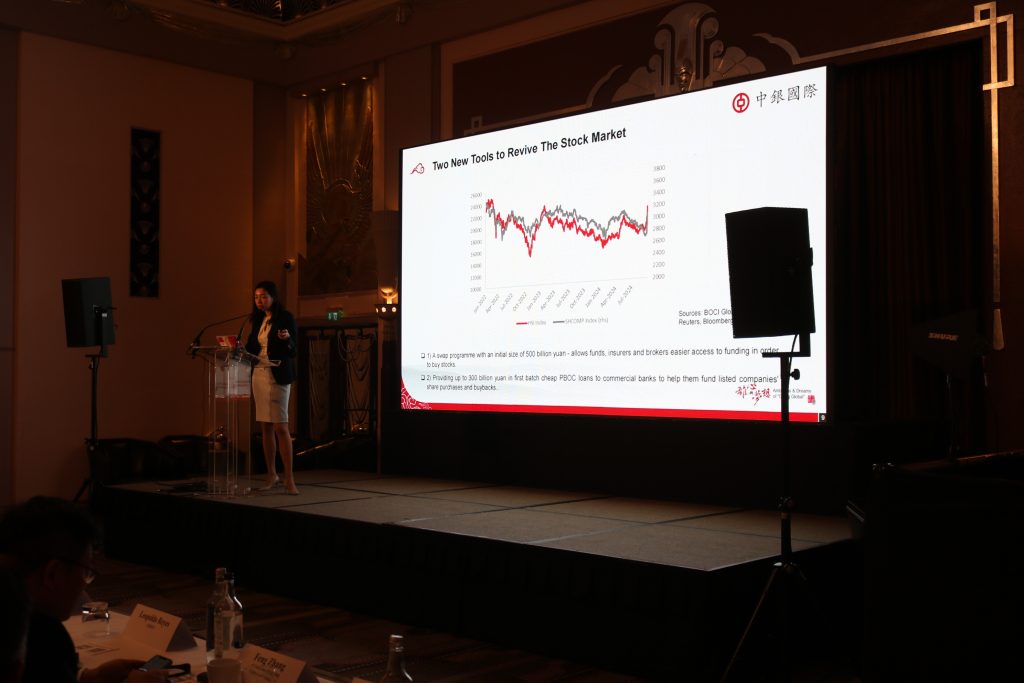
Looking Ahead: The Role of the China Nonferrous Metals Forum
Raza Syed, Editor of EMI Magazine, a political-economic publication with a strong focus on commodity markets, highlights the importance of the China Nonferrous Metals Forum in the context of global economic trends:
“The China Nonferrous Metals Forum is not just another industry event. It is a key platform where the future of global metal trading is being shaped. The decisions and agreements reached during this forum will have far-reaching implications for the entire global economy. For us, as a publication covering commodity markets, it is crucial to closely monitor the dynamics of this event and analyse its potential impact on various industries and regions.”
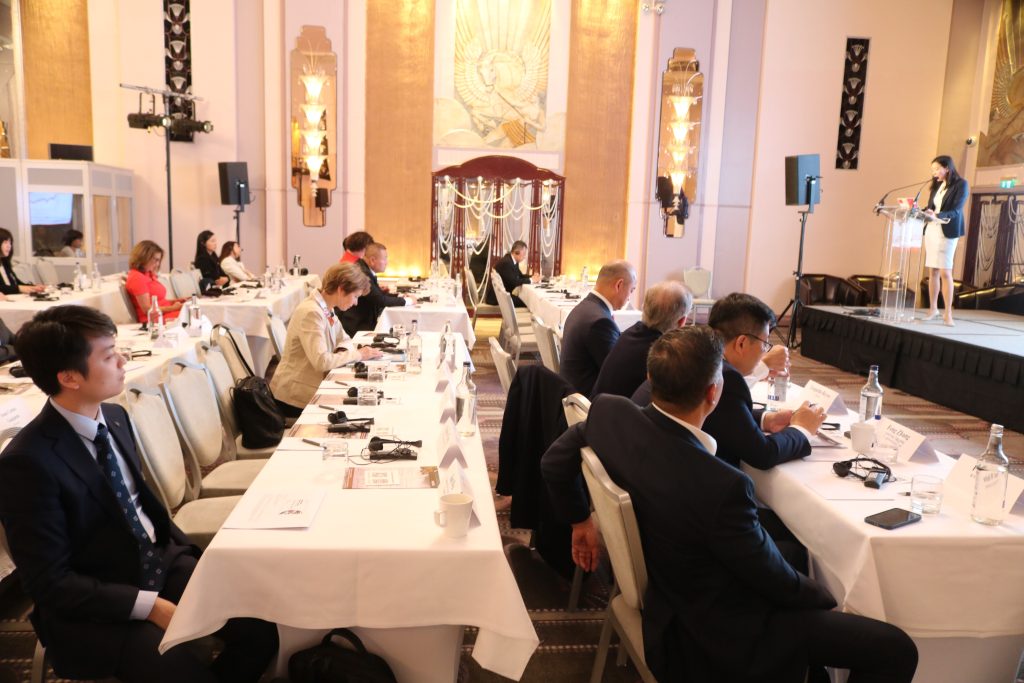
Adapting to New Realities
The China Nonferrous Metals Forum 2024 serves as a stark reminder of the complex dynamics shaping the global commodities market. As China continues to strengthen its influence, other countries are forced to find ways to adapt to the new realities.
By developing comprehensive strategies that combine economic interests with strategic imperatives, the UK and other global players can better navigate this new great game and shape the future of global metal trading. After all, the outcome of this game will ultimately impact not only the fate of corporations and governments but also the daily lives of billions of people around the world.
